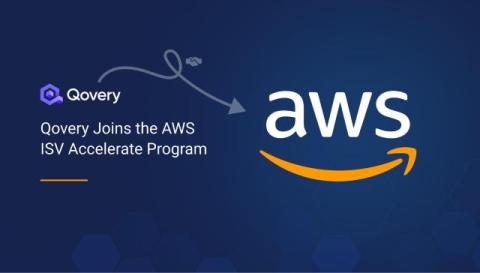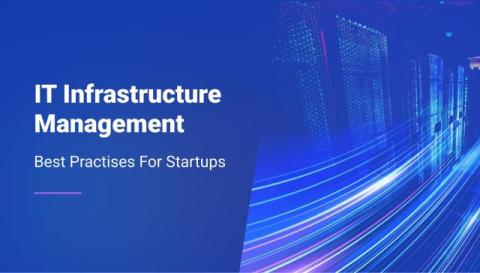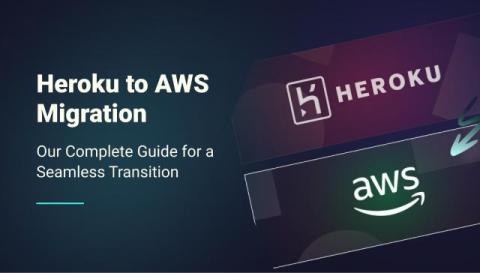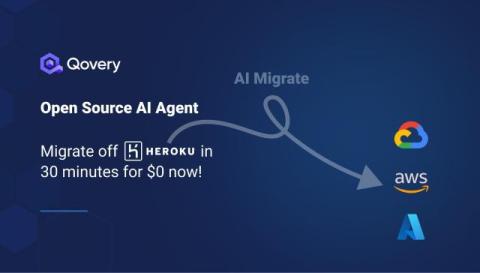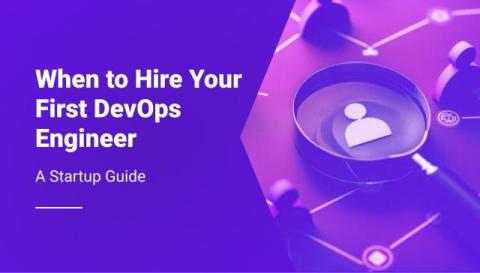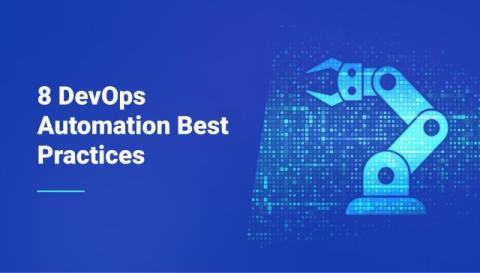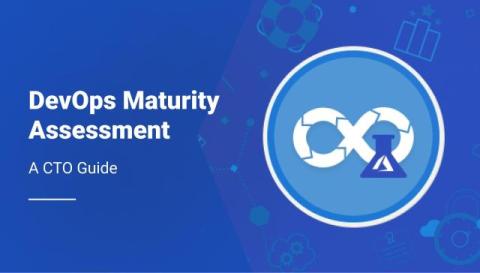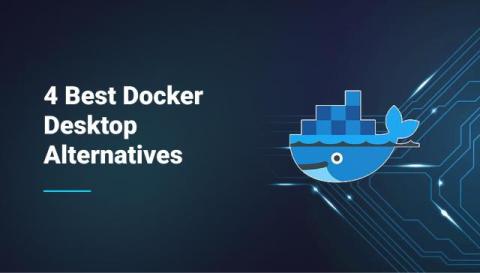Kubernetes Migration: Tips and Best Practises
Are you considering migrating to Kubernetes but worried about the potential complexities? Well, you are not alone. Transitioning to Kubernetes brings unparalleled scalability and resilience for containerized applications, but it also introduces technical challenges that can overwhelm unprepared teams. Let's go through proven strategies to make the Kubernetes migration journey smoother, from planning and dependency mapping to using automation tools that reduce errors.



